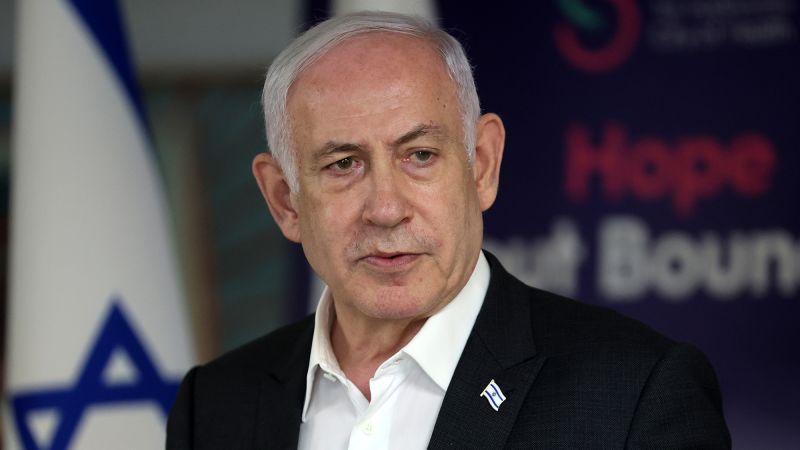The International Criminal Court’s (ICC) reach and credibility have reached a low point in recent years, as governments have dismissed arrest warrants for some of the most high-profile cases brought before the court. In the past 18 months, the ICC has issued arrest warrants for Russian President Vladimir Putin, Israeli Prime Minister Benjamin Netanyahu, and other high-ranking officials. However, many powerful nations have refused to enforce these warrants, and some have even openly rejected them.
The most recent example of this is the French response to the Netanyahu warrant. France initially supported the warrant, but later shifted its stance, suggesting that Israel’s Prime Minister could be immune from arrest because Israel is not a member of the ICC. This change in position has been criticized by human rights groups, who say it is “deeply problematic” and runs counter to France’s obligations as an ICC member.
The ICC’s founding treaty obliges its signatory countries to arrest and surrender individuals subject to warrants, regardless of their official position or nationality. However, some countries have refused to do so, citing diplomatic immunity or other exceptions. For example, Mongolia extended a red-carpet welcome to Putin, who is wanted for his alleged role in the war crime of unlawfully deporting Ukrainian children.
The ICC’s authority has also been challenged by the US, which has never joined the court and has secured agreements with about 100 countries to prevent the arrest of Americans charged by the ICC. The US has condemned the warrants for Netanyahu and Gallant, and has even threatened to impose sanctions on the ICC if it does not reverse its decision to pursue Israeli leaders.
The contradictory responses to ICC warrants this year have raised concerns about the effectiveness of international justice and the rule of law. The ICC was established to hold individuals accountable for war crimes and crimes against humanity, but its authority is increasingly being questioned. As one expert noted, “It seems increasingly less certain states will uphold this obligation” to arrest and surrender individuals subject to ICC warrants.

